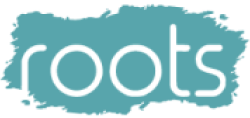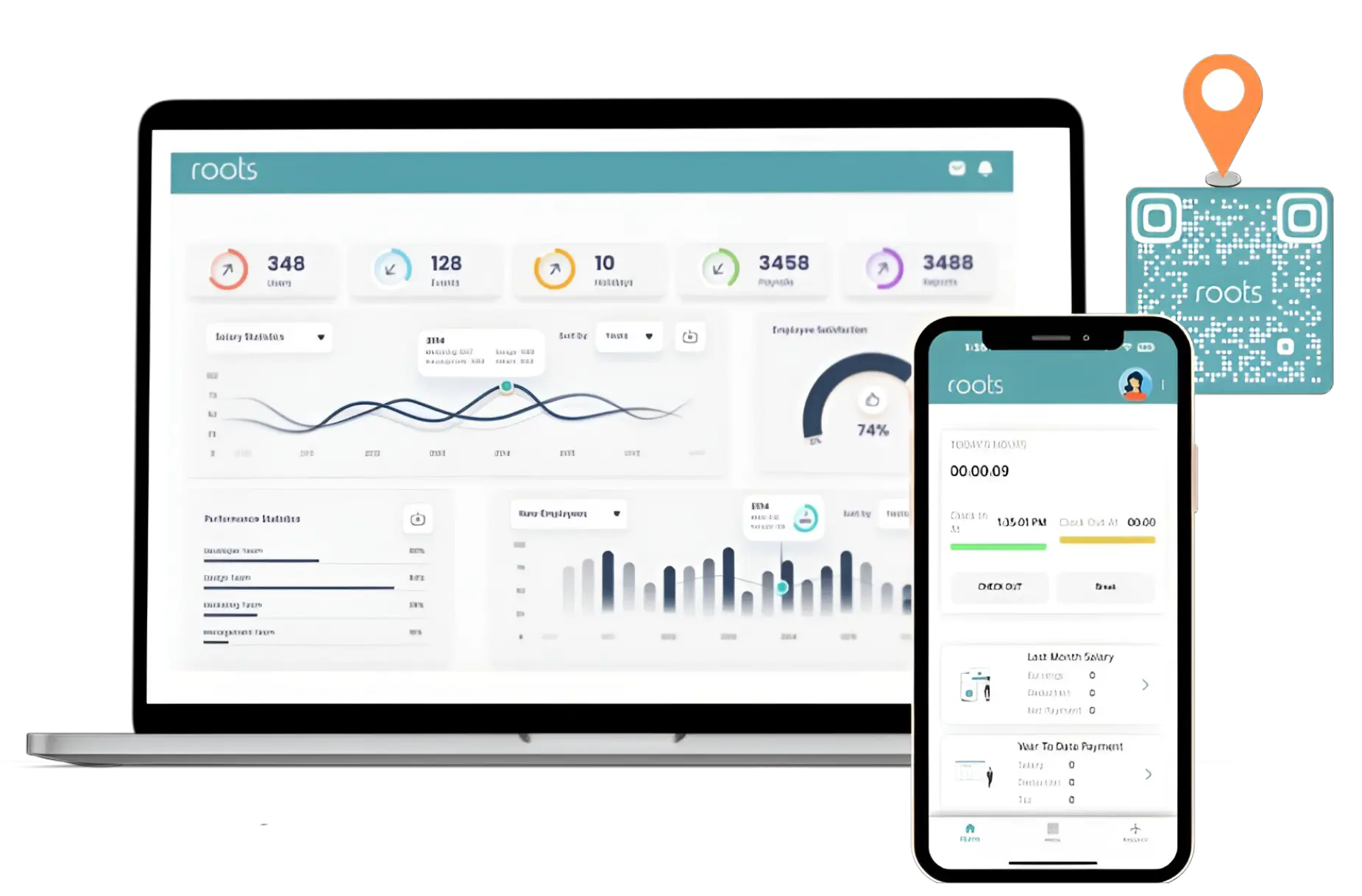Performance Marketing Case Study
How did we help  build a predictable sales pipeline and achieve 9 SQLs from 0 in just 3 months?
build a predictable sales pipeline and achieve 9 SQLs from 0 in just 3 months?

80%
MQLs Generated
$130 to $72
Reduced CPC
1.5% to 4.12%
Improved CTR
About Roots
rootsHCM provides an integrated cloud suite tailored for modern HR, operations, and executives, maximizing human capital capabilities. With a no-code setup, customers can easily customize locations, payrolls, employee types, grades, jobs, positions, and more to support their business growth.
Pain Points Addressed by Roots
- Eliminate the hassle of multiple vendor management
- Manage time effectively
- Remove it complications
- Seamless financial data validation
- Adherence to regulatory compliance
Background
- They were doing inhouse campaigns as part of expansion to North America. They started with the Canada region with a very basic Facebook campaign.
- Their campaign had an optimization score below 50%, a very slow response time and ended up with junk leads.
- The cost per lead was very high.
- The CTR (Click Through Rate) was low.
So they were looking for an agency who could do this and we entered the picture.
Our Observations & Analysis
- There was a requirement for a properly optimized landing page to run campaigns.
- They hadn't built a marketing funnel. They simply jumped into lead generation without building website traffic and visibility, which affected lead quality and CTR.
- Social media pages' optimization score was very low.
- Their communication strategy targeting SMEs was also poor which resulted in high CTR.
Challenges we faced
- Super competitive market: Distinguishing Roots from other HCM software presented a significant challenge. Because there are already hundreds of players in the same market.
- Our initial Customer Acquisition Cost (CAC) was alarmingly high.
- We encountered a challenge with the low search volume for our related keywords on Google search ads.
- The limited target location area constrained our market reach.
- Our low social media audit score highlighted a pressing need for better online engagement.
- The website's home page, feature page weren’t optimized, and its slow responsive speed hindered user experience.
- Starting out, our brand awareness was notably low, necessitating a focus on building from the top-of-the-funnel (TOFU) stage.
Our strategy & execution
- We began with comprehensive competitor research.
- Based on the research, we developed a marketing mix strategy encompassing multiple channels.
- We initiated our efforts with A/B testing campaigns, exploring different ad groups such as posters, videos, and targeting various customer segments.
- Recognizing that our landing page optimization was suboptimal, we designed a new landing page and leveraged it for our Google campaigns.
- By the second week, we identified high-performing ads and creatives.
- Using this data, we constructed a sales funnel.
- We improved the ROI through meticulous optimization.
- Our campaign was divided into two phases: Phase 1, spanning 25-30 days, and Phase 2, lasting up to the third month.
- Our primary objectives were to extend brand reach and penetrate the market.
- Given the market demographics, we rolled out videos designed to foster trust.
- We analyzed location-based search volumes and initiated campaigns with ad groups tailored to specific regions.
- Employing the AIDA model, we structured both the MQL and SQL funnels.
- We targeted audiences similar to those who had visited our competitor's website, making use of audience signals.
Note: Remember to consistently use punctuation and maintain a structured approach to improve readability.
What worked?
- A/B testing was meticulously executed across various ad groups, including both poster and video creatives.
- Comprehensive retargeting campaigns were deployed on Facebook, Instagram, and Google.
- We initiated website redirection campaigns, ensuring seamless pixel integration.
- Concise video content, under 30 seconds in duration, was crafted to ensure clear communication.
- Precision targeting was achieved by leveraging lookalike audiences.
- Our foundational database was employed to pinpoint and engage the desired audience.
- We capitalized on YouTube's non-skippable ad format, ensuring direct redirection of viewers to our official website.
What didn't work?
- In the initial phase, we ran lead ads directly without a proper top-of-funnel strategy.
- The use of carousel posters significantly increased our cost per lead (CPL).
- Using display ads targeted at a basic audience segment resulted in many bot clicks
End Result
- Started getting SQLs from month II
- Received 58 leads in 3 months
- 46 MQLs (80%)
- 9 SQLs (15%)
- Reduced the CPC from $130 to $72 over a 3-month funnel.
- Improved the CTR from 1.5% to 4.12%.
- Reduced the CPC from $3.8 to $1.5.







